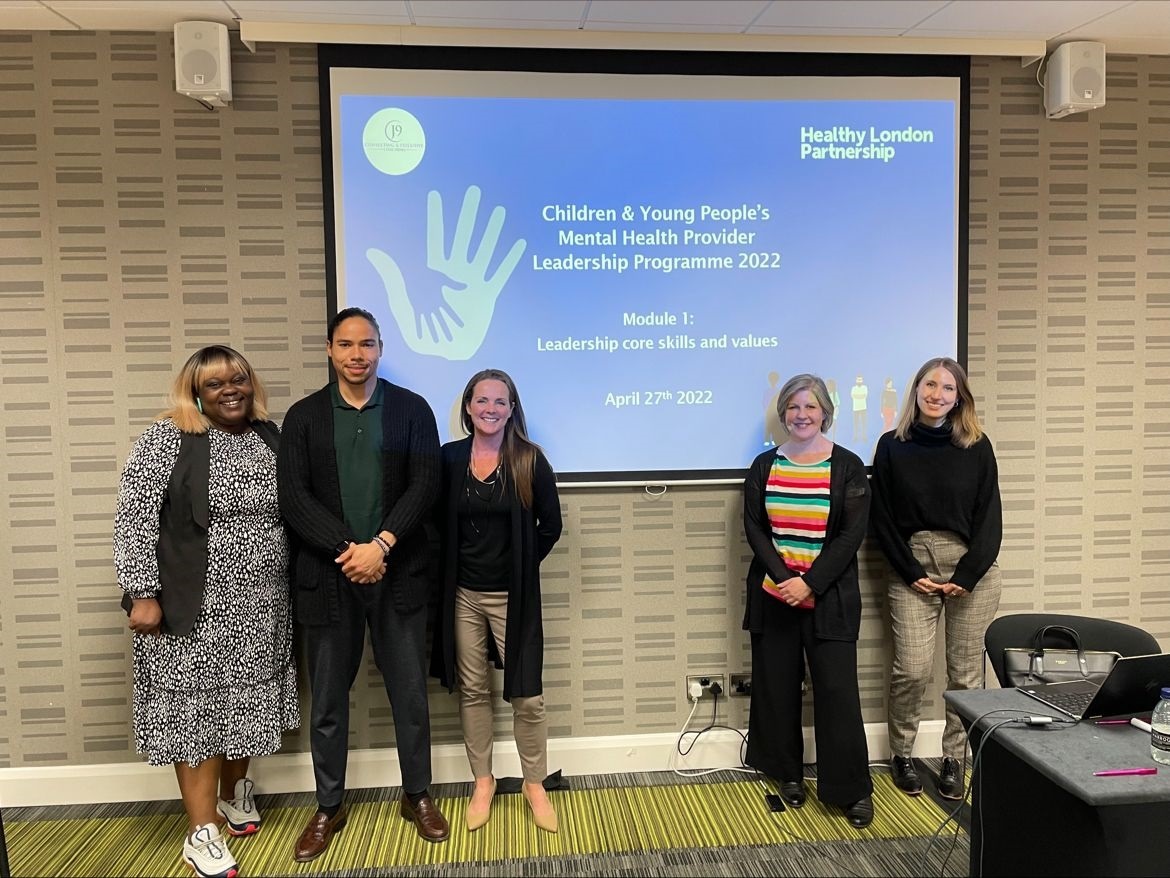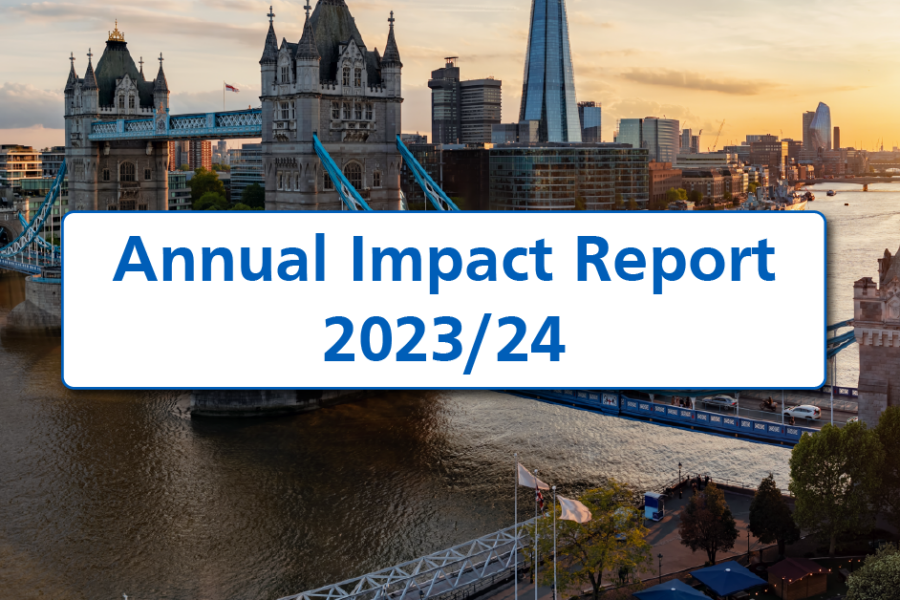Workforce – Annual Impact Report 2023/24
We work on both small and large scale organisational issues, whether it’s tailored leadership development programmes or wider organisational training.
Supporting improvement in the NHS
We have trained more than 500 people in the NHS and universities to carry out After Action Reviews – important structured debriefs. This includes more than 350 NHS staff, from consultants to admin support, in east of England trusts since 2021.
We offer support for newly trained facilitators (After Action Review conductors) to develop their practice, and advice on setting up a community of practice for their organisation.
Our in-house conductors have delivered over 100 After Action Reviews and Before Action Reviews since 2021 for NHS trusts, integrated care boards, NHS England, local authorities, the Youth Custody Service, and political parties.
Better for patients
- After Action Review training builds excellent problem solving, flexible thinking and capacity for continuous improvement in teams.
- After Action Reviews allow organisations to learn and improve from incidents, near misses, and successful events.
- The learning is used to avoid future failures and promote success, as well as build staff confidence to speak out.

Our in-house conductors have delivered over 100 After Action Reviews and Before Action Reviews since 2021
Supporting north central London to retain and develop vital workforce
We supported the development and are supporting the implementation of a five-year People Strategy for North Central London Integrated Care System’s 88,000 strong health and care workforce.
Published in May 2023, the strategy focuses on achieving a sustainable workforce by:
- training, developing and retaining staff and reversing leaver rates
- transforming clinical and care delivery models
- transforming the skills and capabilities of the health and care workforce in north central London.
The NHS, local authorities and voluntary organisations in north central London’s five boroughs have worked together to make the first year of the strategy a success.
We have supported leaders to implement the strategy by:
- facilitating engagement, setting up governance and supporting collaboration
- developing a detailed implementation plan for year one delivery and a formal reporting process to bring rigour and structure to the programme
- setting up Workforce Delivery Boards, and developing workforce data dashboards with the Integrated Care Board data team
- finding funding opportunities such as a £3 million grant from the WorkWell Partnership Programme for employment support for young people with mental health issues or long-term conditions. We will help it mobilise
- working with system partners to find good practice and joint working to encourage collaboration and streamline activity
- raising awareness of the People Strategy.
The People Strategy recognises that staff working across health and care are a key asset and to support staff retention, a number of enablers have been put in place in NCL. These cover equality diversity and inclusion (EDI), health and wellbeing, and talent and leadership.
Better for residents
- Greater stability of staffing will benefit the 1.4 million residents of north central London when they need support from health and care services.

Want to know more?
Interested in hearing more about our work supporting the workforce, or how we can help you to reach your goals? Please contact us for an informal chat.
email us at:rf-tr.tphc-communication@nhs.net
Improving care and supporting district nurses
North and East London NHS Foundation Trust asked us to help identify ways to reduce the growing pressures on its district nursing service.
Between September and December 2023, we facilitated engagement between all stakeholders and partners to look at what might help and how it could work in practice. This identified three priority areas for different ways of working: diabetes, documentation and end-of-life care. All align with the Trust’s existing demand and capacity programme.
Better for patients
- Plans for diabetes aim to manage patients’ care better, achieving a reduction in complications, and a decrease in the number who need insulin administration.
- Improved documentation aims to reduce repetitive visits, increasing access for other patients.
- Plans for enhanced end-of-life care in the community aim to decrease the number of patients requiring emergency interventions and/or hospital admissions.
- Reduced pressures on nurses will make it easier for them to maintain consistent, high quality care.
Better for nurses
- The plans aim to reduce pressures on district nurses, improving job satisfaction, retention and recruitment.
Leadership programme equips mental health leaders with the skills to champion, influence and advocate
Before we came together as TPHC, our partnerships team led the development and delivery of a leadership programme for clinical and service leads in London’s children and young people’s mental health services.
It focused on equipping them with the skills, knowledge and expertise to tackle strategic workforce problems and develop creative solutions for the future. The programme, which was commissioned by Cavendish Square Group and what was then Health Education England (now NHS England Workforce, Training and Education) consisted of six taught modules, directed learning, team coaching and team collaboration sessions. It focused on equality; diversity and inclusion; retention; supervision; fragmentation and awareness; and wider system service configuration.

”Really, really good to see people from all different organisations coming together across London”
”Excellent work, I truly want to be part of it”
Cavendish Square Group
Better for children and young people with mental health needs
- Over two years, the programme trained 50 mental health leads from the NHS, local authority children’s services, and voluntary and community sector organisations.
- It equipped them to champion and influence children and young people’s mental health, and advocate for change at a strategic and operational level.
- They also developed system-wide relationships, critical thinking, and creative problem-solving skills used to address challenges in the children and young people’s mental health workforce.
- 25 leaders from cross children and young people’s mental health attended in each cohort. The programme was rated 4.4 out of 5 by delegates, and a number of delegates went on to change roles or gain promotions following their participation in the programme. Below is a word cloud of delegate feedback.




